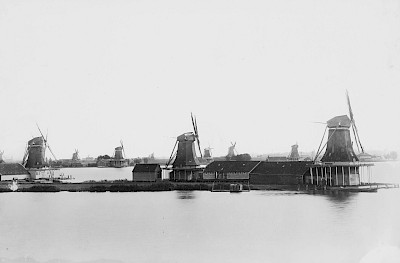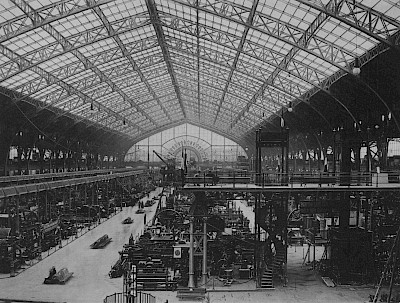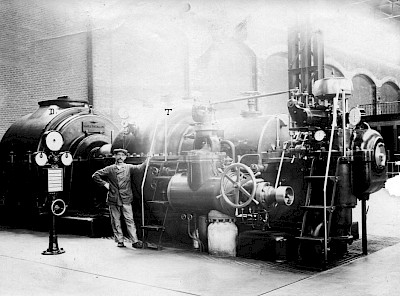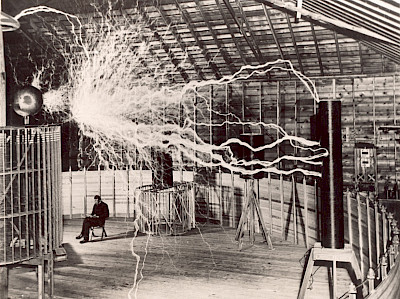
DDS was the first online community in the Netherlands and the first virtual city in the world. If you became a resident of DDS you automatically received a (unique) avatar.
When De Digitale Stad (DDS) – ‘The Digital City’ – was founded in 1994, only a few hundred Dutch people had internet access. Yet the promise of the new medium sent a shockwave through society. Now, barely 30 years later, it is clear how radically digitisation has changed the world. The history of DDS reveals the urgency of the questions it posed. These remain relevant today. For example, how should digital citizenship look, and what role can the internet play in bridging the gap between politics and citizens?
The cultural centre De Balie and the computer magazine Hack-tic drew inspiration for the idea of DDS from the first foreign ‘freenets’, virtual communities that were mainly active in the USA. DDS wanted to familiarise users with the digital domain in an accessible way. To that end, it introduced the metaphor of the city. You navigated this urban environment as an online citizen, going from a public gathering in the square, to the post office to pick up and send messages, perhaps making a short stop in the café to meet friends and strangers. Initially, the interface relied solely on text. In later phases, the many functions were visualised.
The non-profit internet provider managed to form a vibrant digital community, particularly among cultural trendsetters. Idealism and political commitment were important drivers. After all, the internet offered everyone the opportunity to acquire, share and discuss information. The digital citizen was simultaneously sender and receiver, independent of control by traditional media or official bodies.
At the time, DDS opted in principle for total user control. It determined which data was shared and which was not. Today, completely different players control data traffic and make big money from it. The visionary model of DDS could not prevent the digital space from becoming increasingly privatised, and the digital citizen from becoming a digital consumer.
https://hart.amsterdam/nl/page/521/re-dds




















